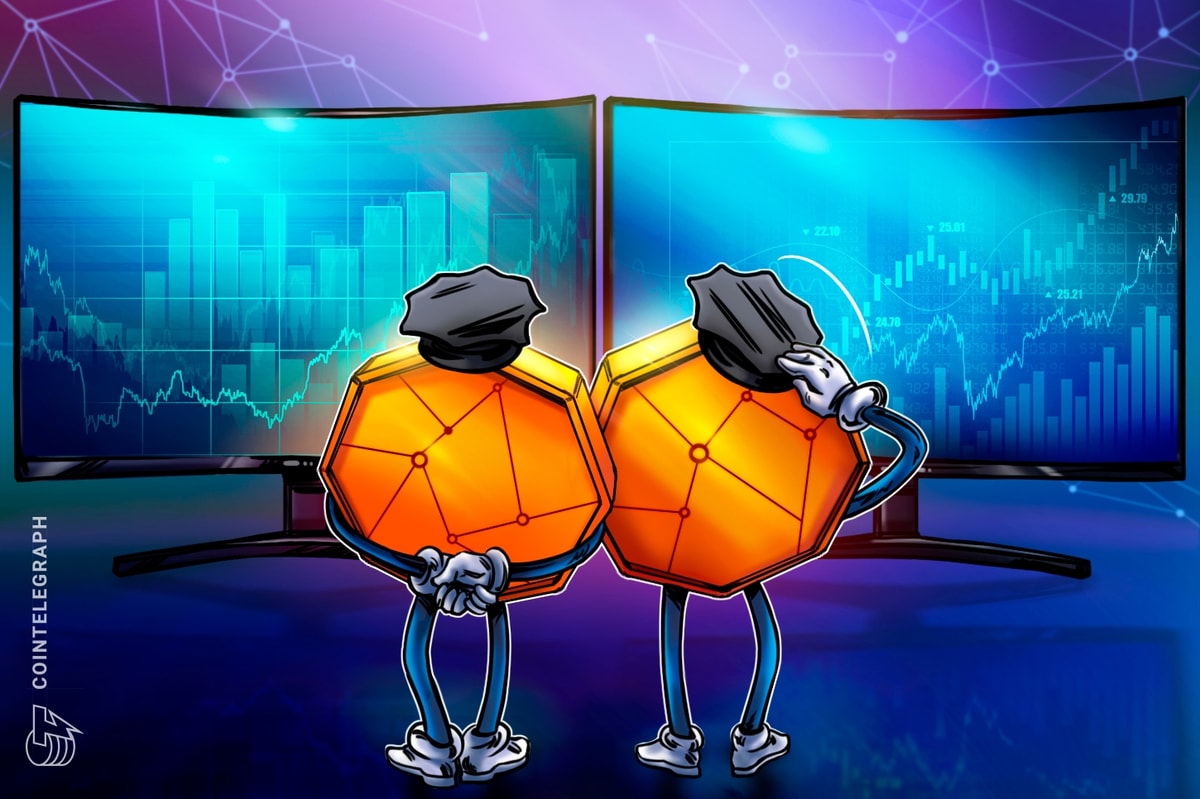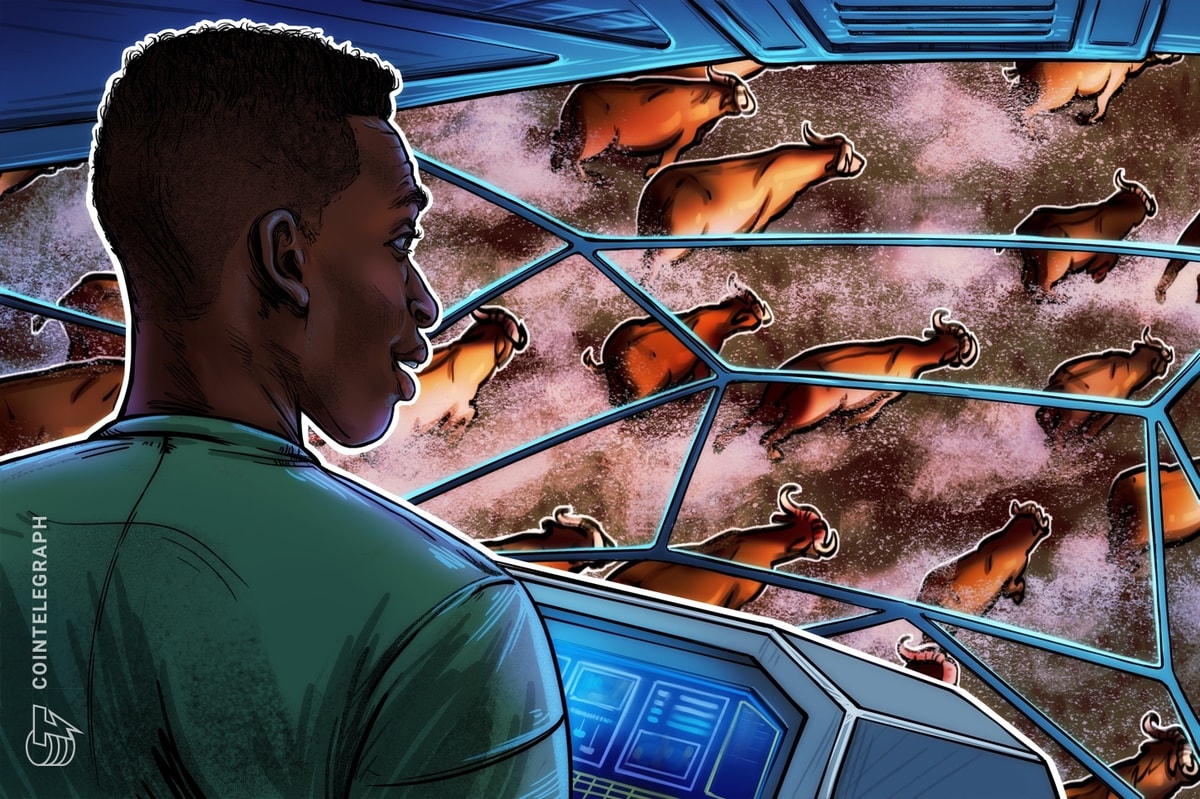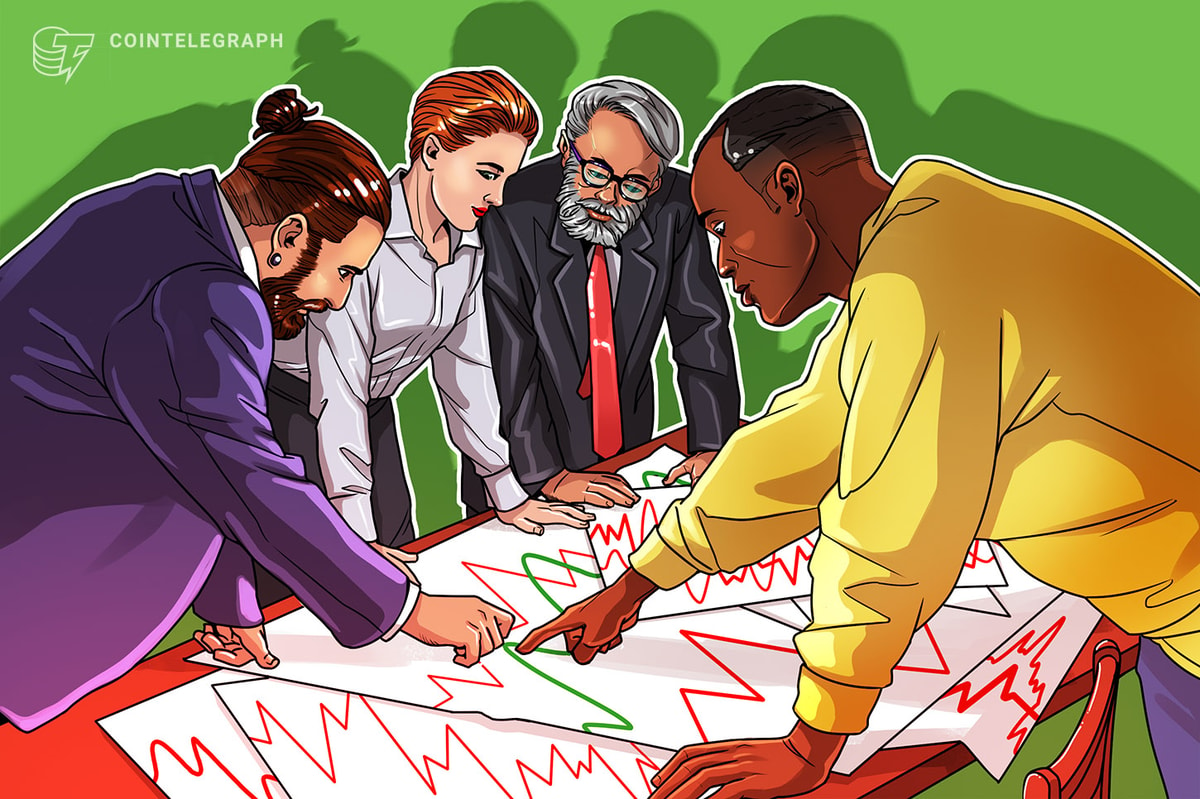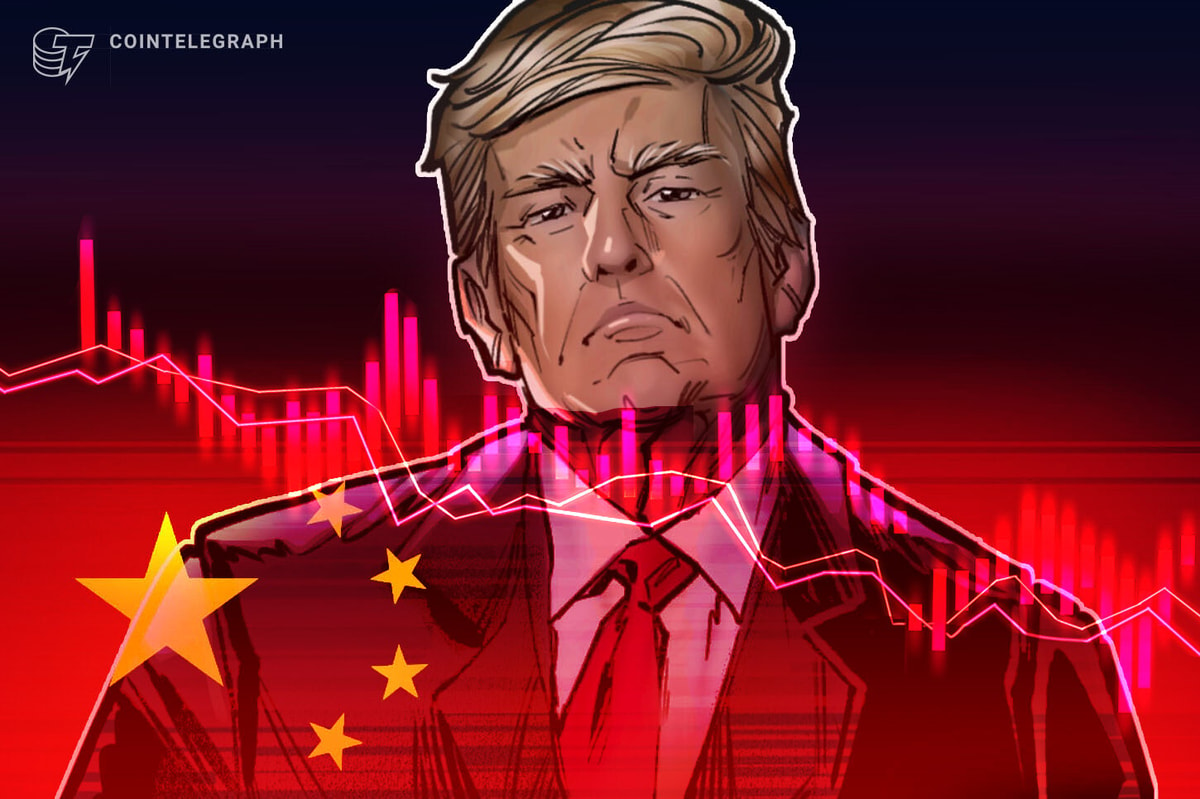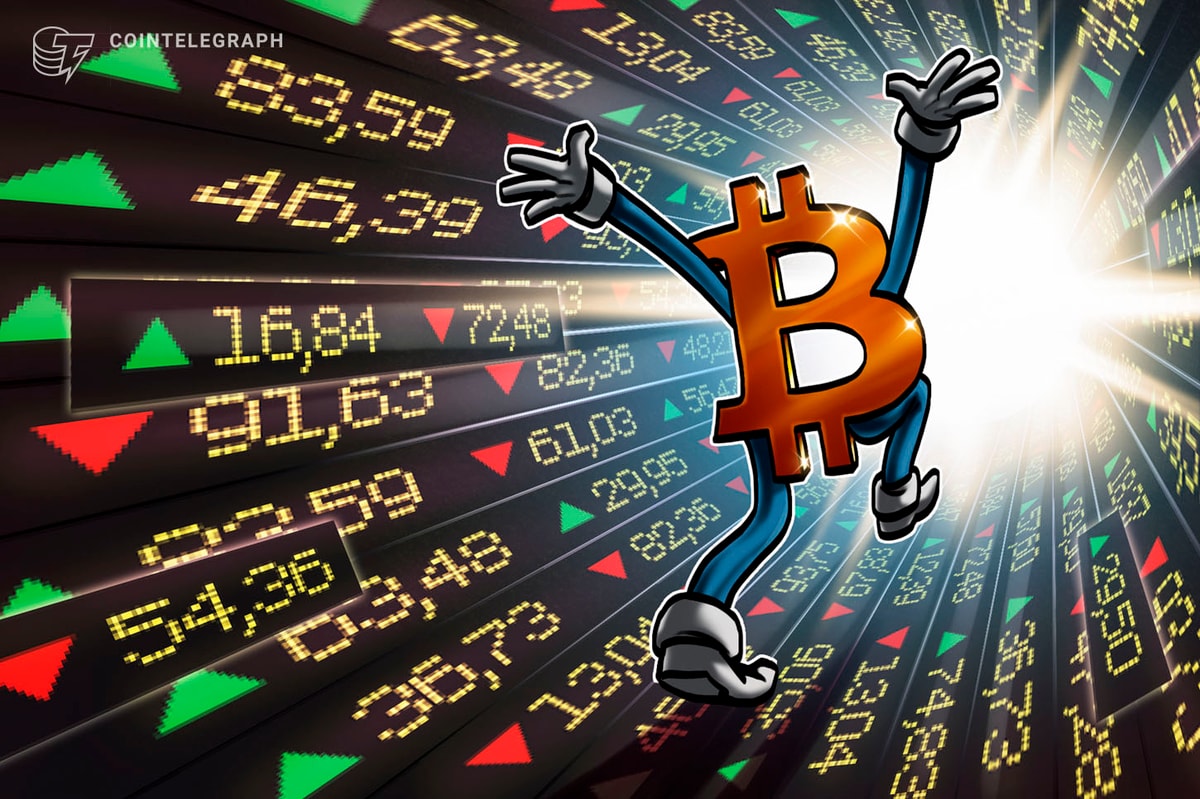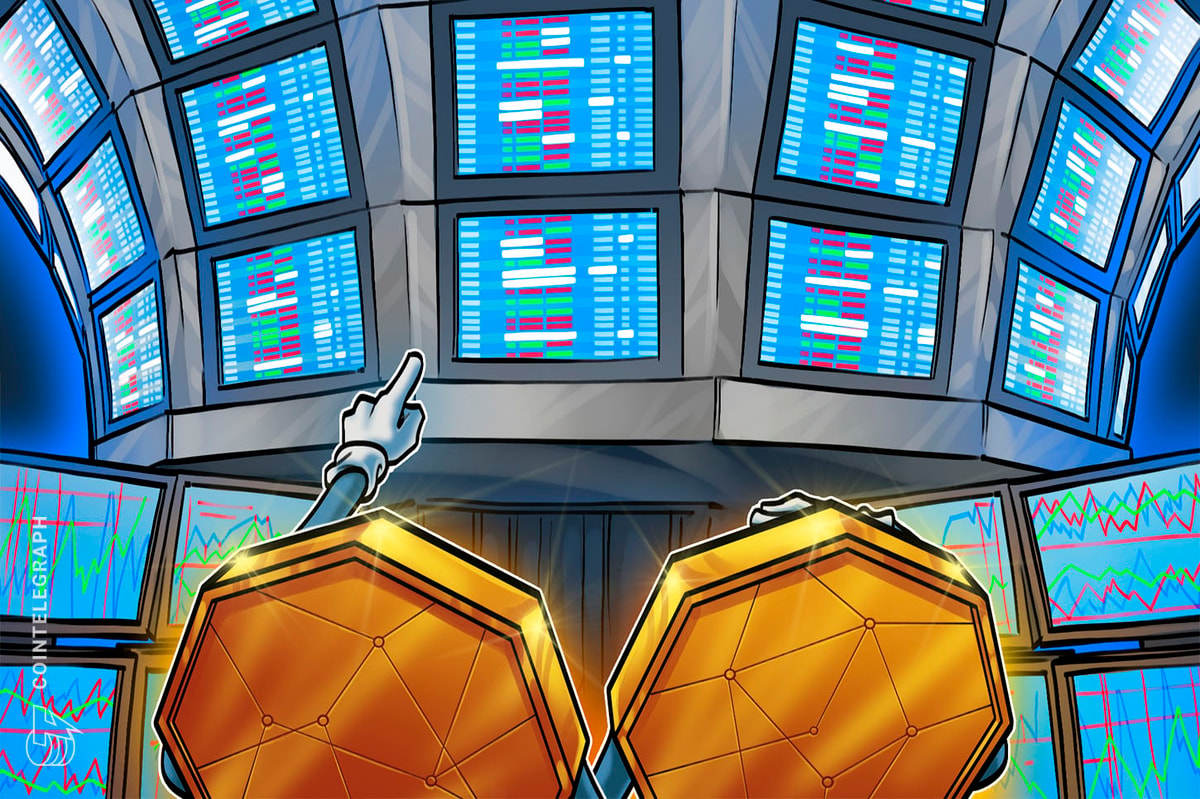The buy now, pay later revolution that has taken America’s economy by storm could soon catalyze a credit “catastrophe,” according to one expert.
“My concern is that the carelessness, the lack of education is really going to cause a lot of harm to people unnecessarily,” credit restoration expert and influencer known as @fitcreditdoctor Micah Smith told Fox News Digital.
“Having this hit your credit report in a positive way, well, that’s great,” she noted, “but if it hits in a negative way, that is where we are going to see some pretty large catastrophe.”
In June, major credit reporting firm FICO announced that it will begin incorporating “buy now, pay later” (BNPL) loan data into its credit scoring models, specifically with the introduction of FICO Score 10 BNPL and FICO Score 10 T BNPL.
AMERICA’S ‘UNPRECEDENTED’ CRISIS: THE SHOCKING TRUTH ABOUT CREDIT AND WHY IT’S DRAINING YOUR WALLET
For consumers, this means credit scores will now be impacted by their BNPL habits. Payments did not always show up on credit scores, so missing one did not impact credit worthiness. However, it didn’t help build credit either.
Though it’s set to go into effect in the fall of 2025, Smith urges extreme caution for current users of the loan payment method.
“Your payment history is the largest factor when calculating your credit scores. And so if all of these BNPL loans people are opening, if they’re not paying them on time, this is where we’re really gonna see a dramatic decrease in credit scores,” she explained.
A new report from LendingTree found that more than four in 10 BNPL users have late payments with services like Afterpay, Klarna, Affirm, Uplift and others, up 34% from the previous year. Twenty-five percent of BNPL users also use the loan for everyday goods like groceries, up from 14% one year ago.
Even DoorDash and Uber Eats have teamed up with BNPL companies on food delivery orders.
“You have to ask yourself this question: I’m financing food delivery. Does this make sense?” Smith posed. “I want people to understand that the borrower is slave to the lender… financial security comes from having good money habits, and financing food delivery… that is not a good money habit. And so I want people to know, listen, if you can’t afford it, I would implore of you to please not finance it. Find another way, find another method, find another solution, because it’s going to end up keeping you a slave to your debt.”
“And if there’s interest attached to it, my goodness gracious, do not get me started on interest,” she added. “What a nightmare. Your $20 pizza ends up costing you $100. That’s insane.”
Though this could fuel financial “destruction” for individuals, Smith argued that BNPL data is important information to consider from a banking perspective.
“Banks are always trying to mitigate their risk, right? They’re divvying out funds or divvying out money, they’re giving out loans, and they wanna mitigate their risk and they want to assess a borrower’s worthiness,” the expert said.
“So your credit score, essentially, is telling the world: How likely are you to default on something” What is your risk factor?” Smith continued. “So I think it’s actually good to have these things included into the credit score, and I think it could potentially help more people establish credit if they use it the right way.”
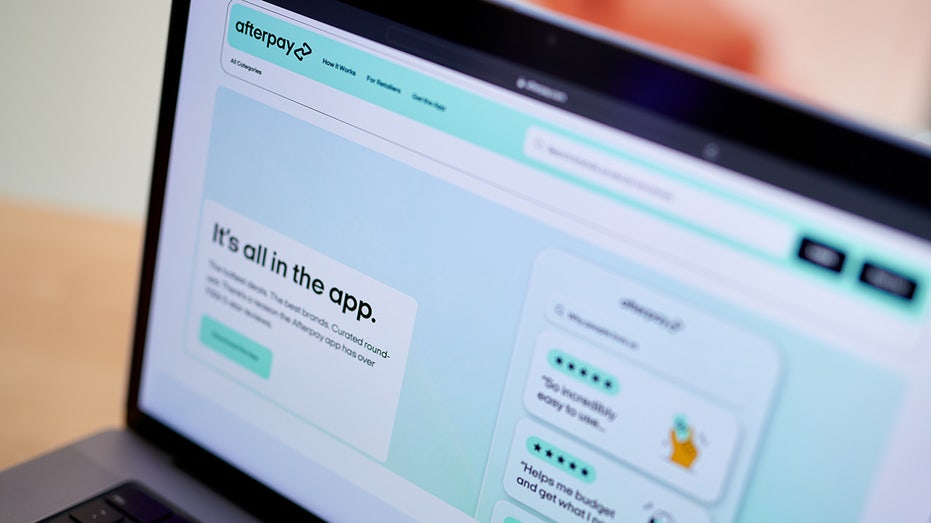
A concerning survey from PartnerCentric found that 45% of BNPL users wouldn’t change their behavior if the loans started impacting their credit score. Smith believes that consumers will only change due to inspiration or desperation.
“Unless people really understand the magnitude of damage that it is doing or not doing, there’s really going to be no incentive to change the behavior,” she argued.
“Just be aware that if life happens, and you end up defaulting on this, it’s a cyclical effect and it will have a compound negative effect on you,” Smith expanded. “If someone is living paycheck to paycheck, we would tell them, this is probably not the best option… life happens to all of us… And that’s what I fear with the buy now, pay later, even with the more savvy people, even with people who are buying things with good intent, with good jobs. Life happens, and it happens to the best of us.”
If you are going to use BNPL services, Smith advises doing your research, reading the fine print or seeking help from a financial advisor.
“I want people to be aware that this is gonna hit your credit report, and you need to make sure that you set it and forget it. Put everything on autopay. I always say, my mentor says, ‘An ounce of prevention is worth more than a pound of cure,’” she said.
“And a lot of people just think, ‘Oh, it’s a missed payment. How bad could it be?’ I’m like, how bad it could be is [that] it stays on your report for seven years.”
READ MORE FROM FOX BUSINESS
Read the full article here




